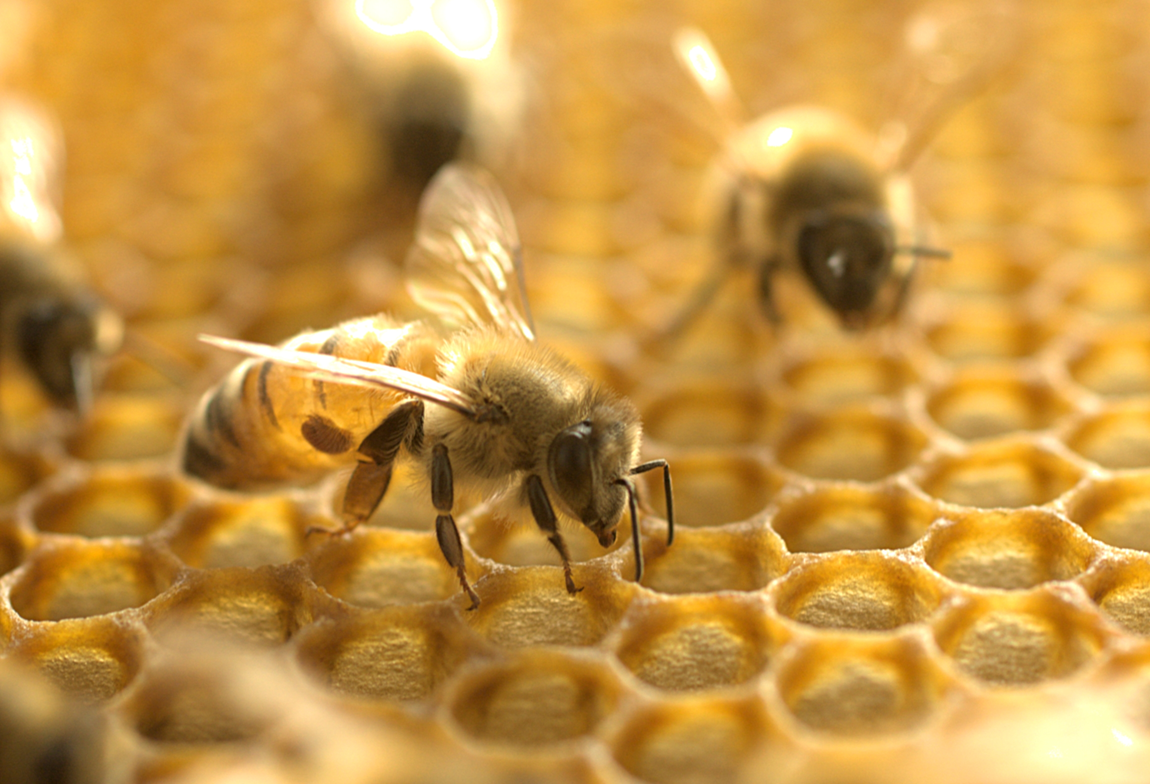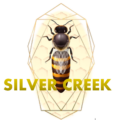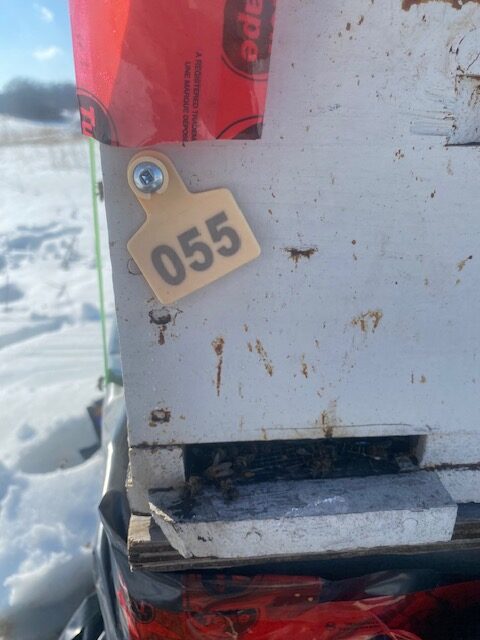
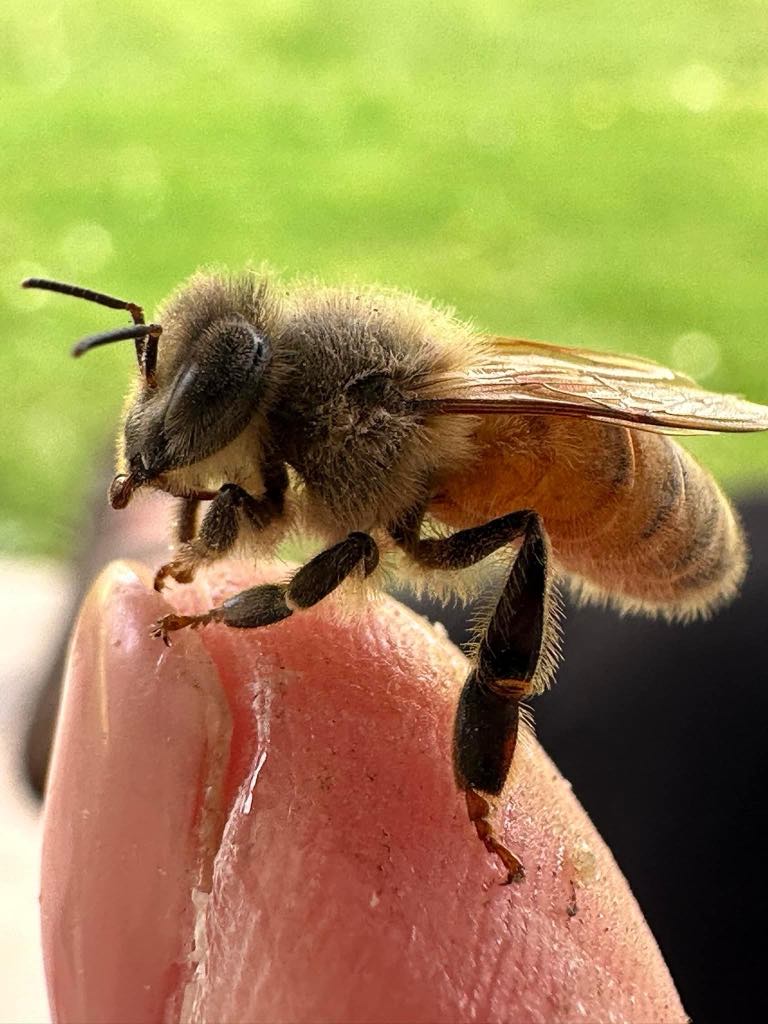
Delve into the myths and facts of beekeeping. Our resource provides essential information to help you navigate the complexities of bee care and management
What is Reactive Beekeeping?
There is more information available to help beekeepers succeed than ever before. That said, we have met several beekeepers who quit because they thought beekeeping would be hands off, and easy.
What is Proactive Beekeeping?
Proactive Beekeeping is where you track what happens each year and then look for a trend or a pattern. When you find the pattern, then you back track 2 weeks and develop a strategy to prevent the Problem.
Why Does It Matter?
I guess being an analyst I look at the world differently. First, I collect data. Second, I started to realize that we had spent hundreds of dollars on treatments, only to lose the hives.
After studying I realized that the damage was already done. Then I tried to develop a plan to prevent the problem.
At first we accepted that we needed to lose about 50% of hives each year, or more.
Filling the shim with comb. Bees will always surprise you. They do what they want to do, when they want to. This may make you feel that there is nothing you can do to keep your hives alive.
That is not true. There is more free information out there now than ever before.
There is more opportunity. Beehives are thriving on the top of buildings in Toronto, and in the forests of Northern Ontario.
It’s up to you to crack the code. Remember the saying,
“Failure to Plan is a Plan to Fail.” Create a plan. Improve it. And you will succeed.
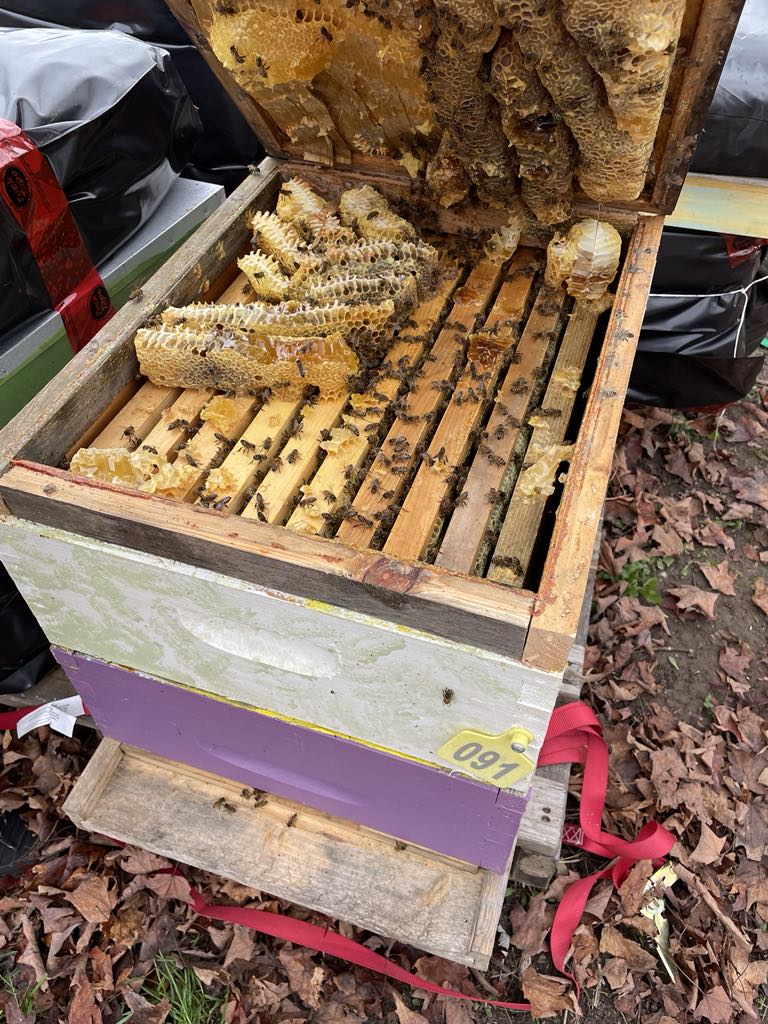
When we started, We accepted without question that:
- ‘bees are bugs, what will happen will happen,’ was the truth.
- winter die-off was due to mites.
- any weakness or brood problem was the queen.
- only bad queens swarmed.
- you could use the same frame for years and years, as long as the queen was laying something in the cell.
- all queens were mated well if we purchased them.
- bees abscond because of mites.
- treatments do not work. Treatment free is better.
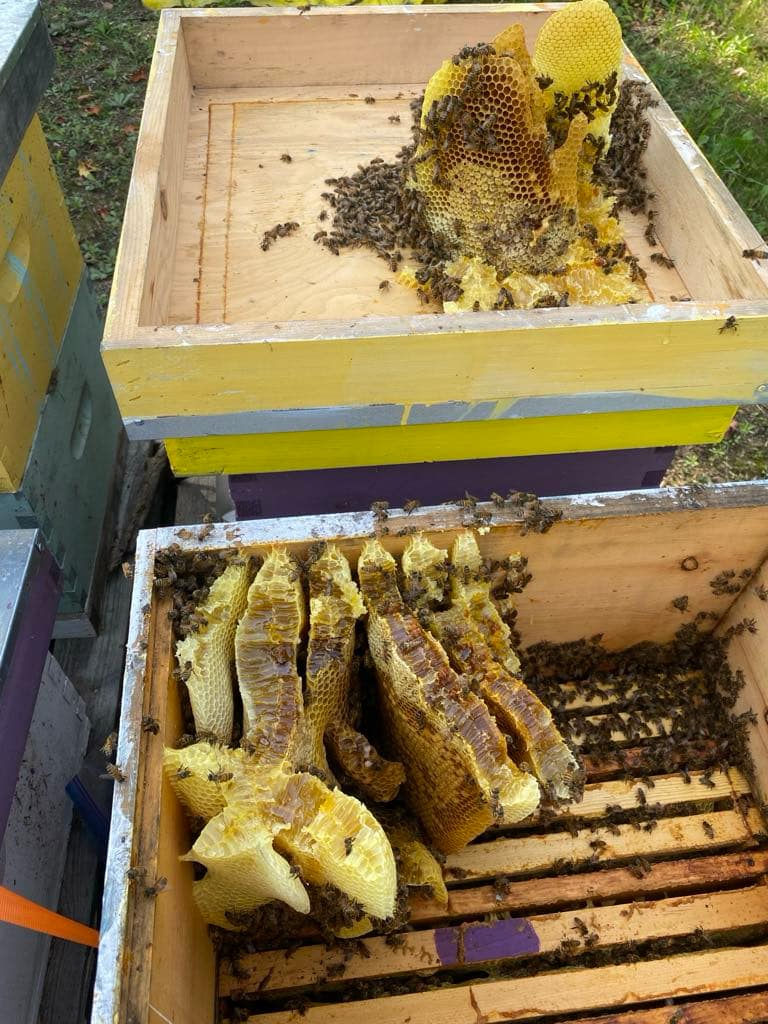
We never questioned these statements, even though a few hours on YouTube would show us university research that stretched for decades proving those ‘old wives’ tails’ are 100% wrong.
I started to research and see if there were any answers. This is when I found that the entire bee industry was divided into two camps, the old-time beekeeping methods, and the scientific beekeeping methods.
The problem with this is that the ‘old-time beekeeping methods’ were not following old time knowledge. There are hundreds of years of knowledge that was ignored by beekeepers as they continued year after year on a ‘trial and error’ method of beekeeping. Like, John and I were.
The problem with most scientific beekeeping is that the research has been done by people like Brother Adam at Buckfast Abbey. Even ‘modern’ techniques like brood factories were only ‘rediscovered’ by beekeepers like Michael Palmer. Dr Seeley rediscovered and verified information that had been known for hundreds of years. (I do not fear offending either of these men, because I am just quoting what they have said.)
The newest ‘practical scientist’s bee scientist on the scene is Randy Oliver. His ‘data over dogma’ statement, and ‘whatever works for you’ really changed our mindset. He brings a unique perspective to beekeeping because he has been a beekeeper since 1966, and he has degrees in biological science. Scientific Beekeeping – Beekeeping Through The Eyes of a Biologist
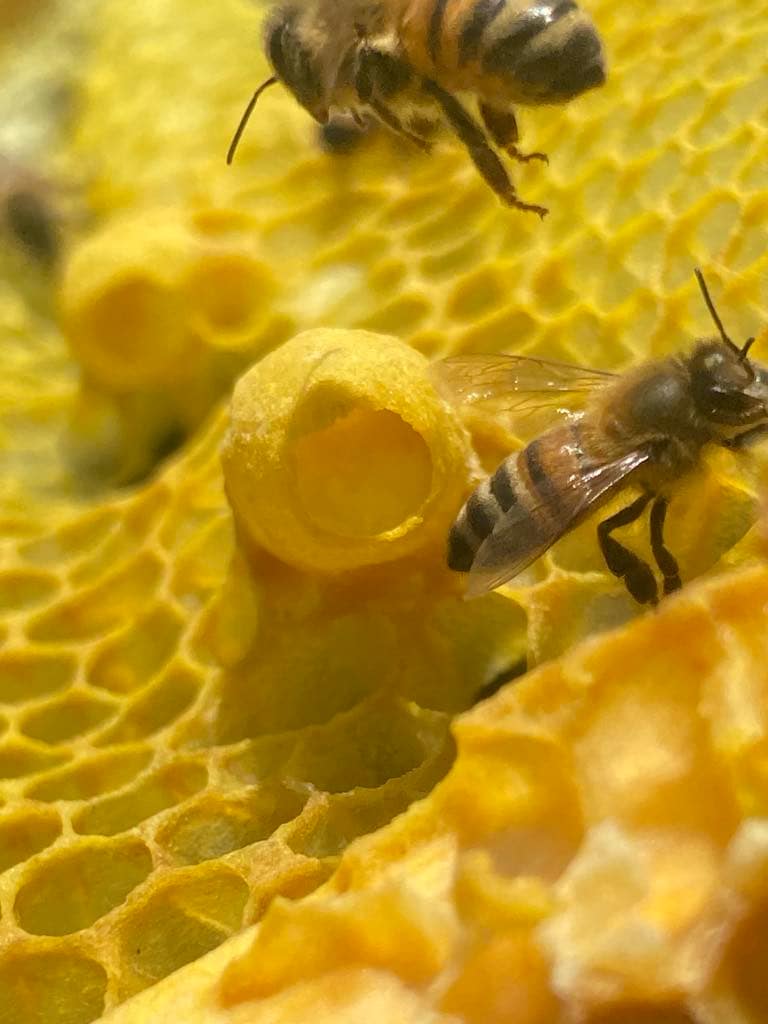
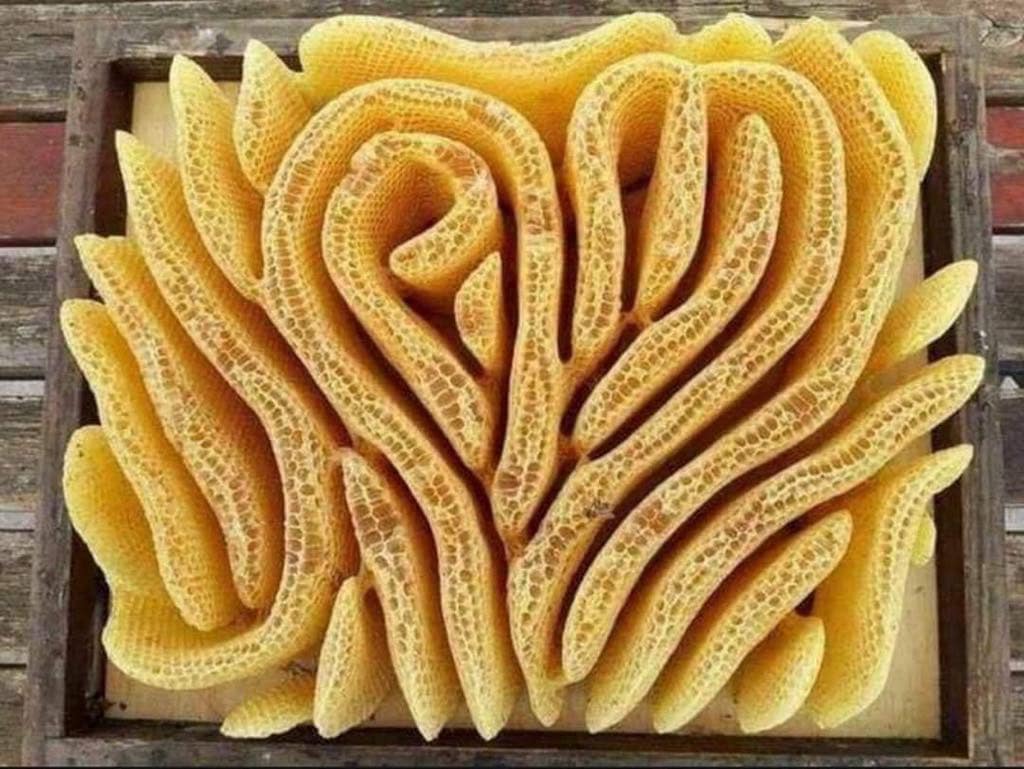
The one thing that he woke in me was the freedom to do my own experiments. I didn’t need to keep looking for what other people said. If I found a method that worked, or that other people were talking about, then I could test it myself. But, to conduct a viable experiment, you need to develop parameters. To do that, you need to understand the experiment. To do that you need to learn.
“It’s what you know for sure that keeps you from learning.” Randy Oliver
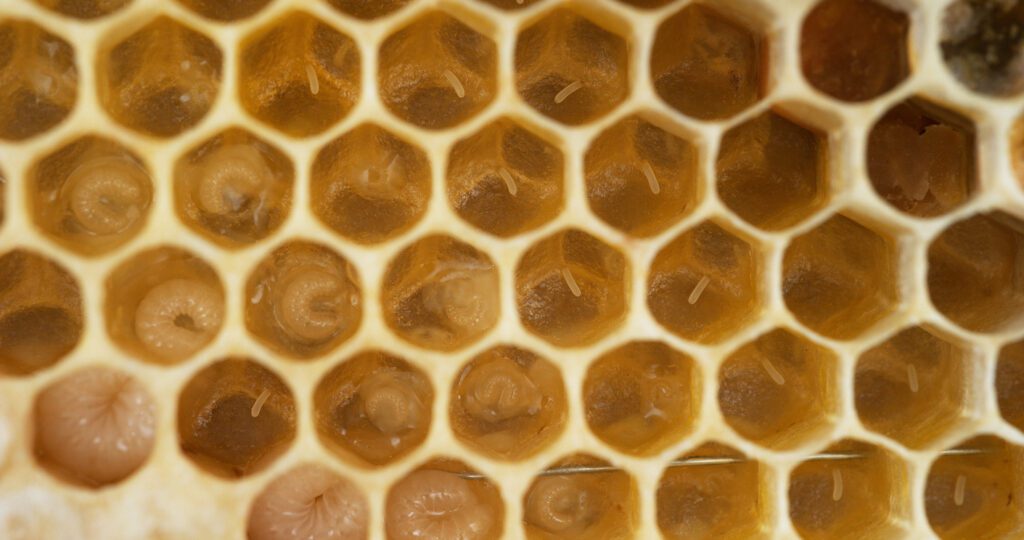
I took a step back from 8 years of beekeeping, and went right back to the beginning beekeeper notes, blogs, books, and YouTube videos. As I watched them I started to learn that there are a lot of people who are regurgitating what had been told to them without any regard to whether it works or not.
If you want to get ousted among a group of beekeepers, wait until someone has talked for 10 minutes about their methods. Watch everyone listening raptly and nodding their heads. Then, ask one of two questions:
“Did it work?”
“What is your survival rates?”
In many beekeeping circles these questions are taboo. They are the ‘words that must not be spoken.’
As my journey evolved I started to gravitate towards beekeepers who had something to lose. For example, a couple in the USA who need to breed 1000 queens because if they don’t, they will lose the farm. Or, A beekeeper who needs to grow their own queens because their costs are so high that cutting out the cost of queens each year for 1000 hives makes the difference between living well, and barely paying the bills.
This phase of my journey lasted almost a year. But I started to see that there were holes in their methods. They worked, and often worked well, until they didn’t. The problem I found was that they just accepted a bad year and never looked for a solution.
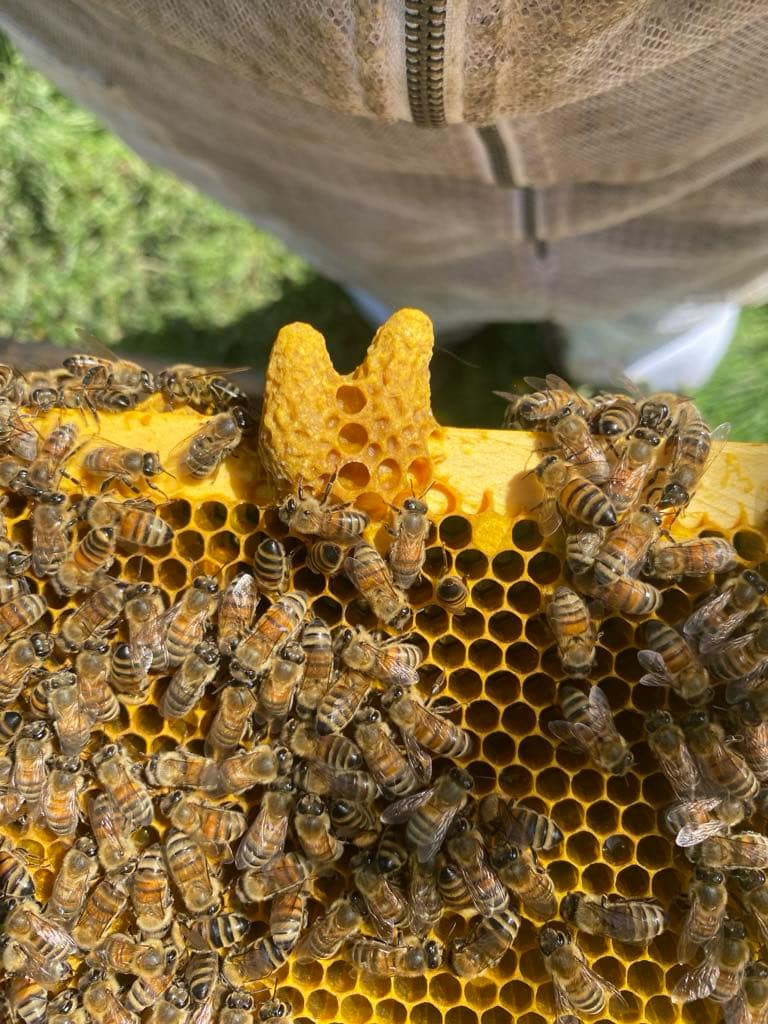
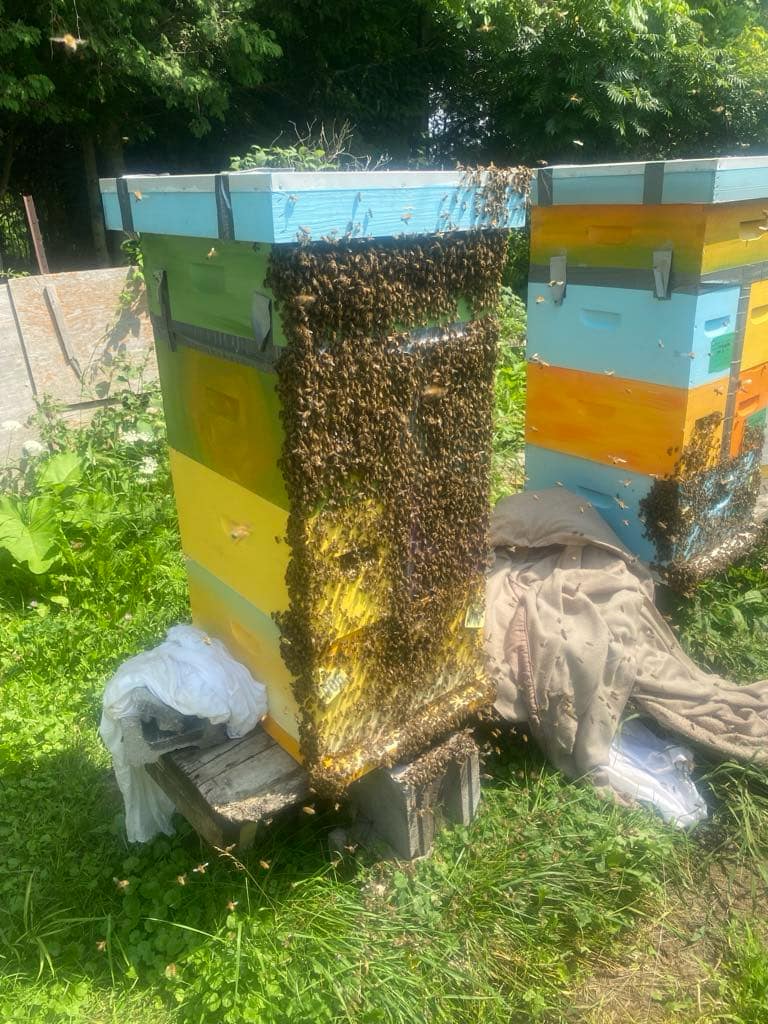
I also went on a tangent based on breeding top dogs for over 40 years. You cannot breed a top temperament, conformation, and working ability dog without understanding genetics, alleles, and what each sex passes on.
So, I applied my experience to queen breeding. Of course, polymorphism threw a wrench into my belief that I had a good understanding of genetics.
But I did know one thing, hybrids are always stronger, even hybrids from the same breed that might be from different lines or areas. But that wasn’t the end, I also had to understand how the hive responds to a poorly bred queen.
The impact of hygienic behavior and disease resistance on inbreeding and line breeding. And, the effects of misunderstanding bee behavior, for example, workers removing brood because it is too closely related to them, and removing brood because it is sick.
I think the best thing that happened, was when I came across a short video, that changed my mindset. The narrator asked a bunch of questions like the following.
Take a few minutes to answer these questions
- Do you wrap hives in the winter?
- Do you ventilate in winter?
- Do you split hives, use the Demaree method, or create nucs?
- Do you feed probiotics, hive alive, UltraBee, pollen patties?
- Do you feed syrup?
- Do you overwinter in a double or single?
- Do you raise your own queens?
- What is your overwintering success rate?
- Do you prevent swarms by creating nucs, splits, use the Demaree method, or let nature take its course?
- Do you kill Queen cells?
- Do you have a cell finisher, or incubator?
- Do you use fondant or candy board?
- Do you feed in late February or March?
- When do you unwrap your hive?
- What growing zone are you in?
- What is the first pollen of the year?
- When do bees in your area start building up?
- Do you help weak hive by sharing brood from another hive, do you combine, or do you let the hive die?
- Do you buy queens or nucs? If so, do you buy local or imported?
- Do you prefer nucs or packages?
Then she looked at the camera and said ‘why’. If you don’t know why, then you have no power to change your belief. In the attached PDF I answered these questions for myself.
The task of writing down these answers and then working in the hives to determine whether my decision was a good one, made it easier to evolve as a beekeeper.
Click to Read My Answers To The Above Questions
I answered these questions above, and uploaded it as a PDF so you can keep a copy as a reference while you develope your own beekeeping methods.
Post tags :
Share :
Latest Post

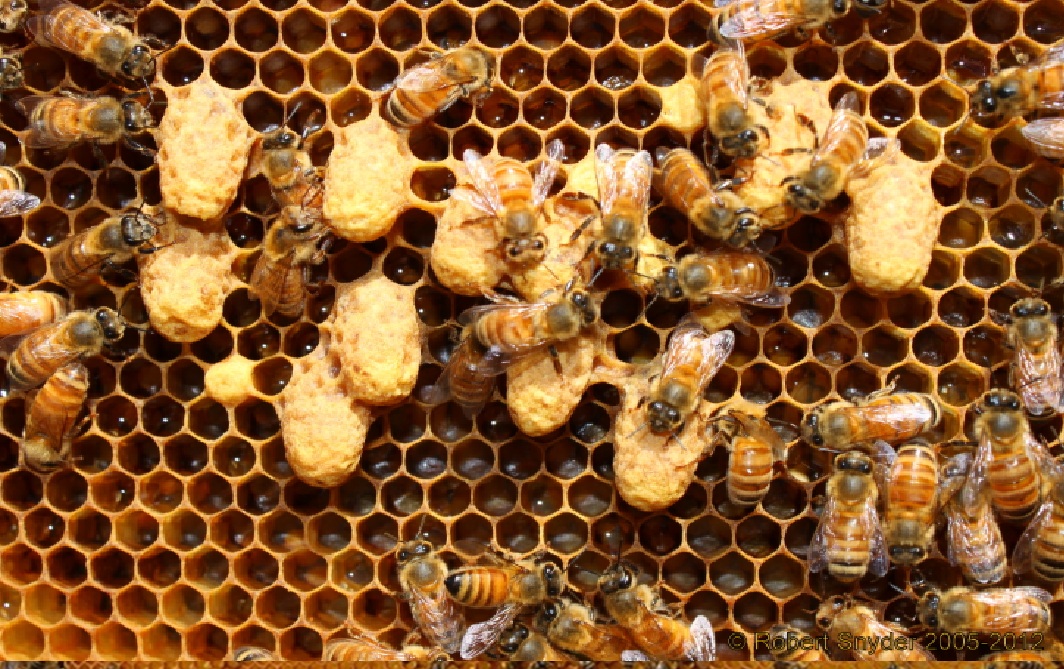
The Beekeeping Year Starts in August – Part 3 – Preventing Swarms
Buying and Transporting Queen Bees
